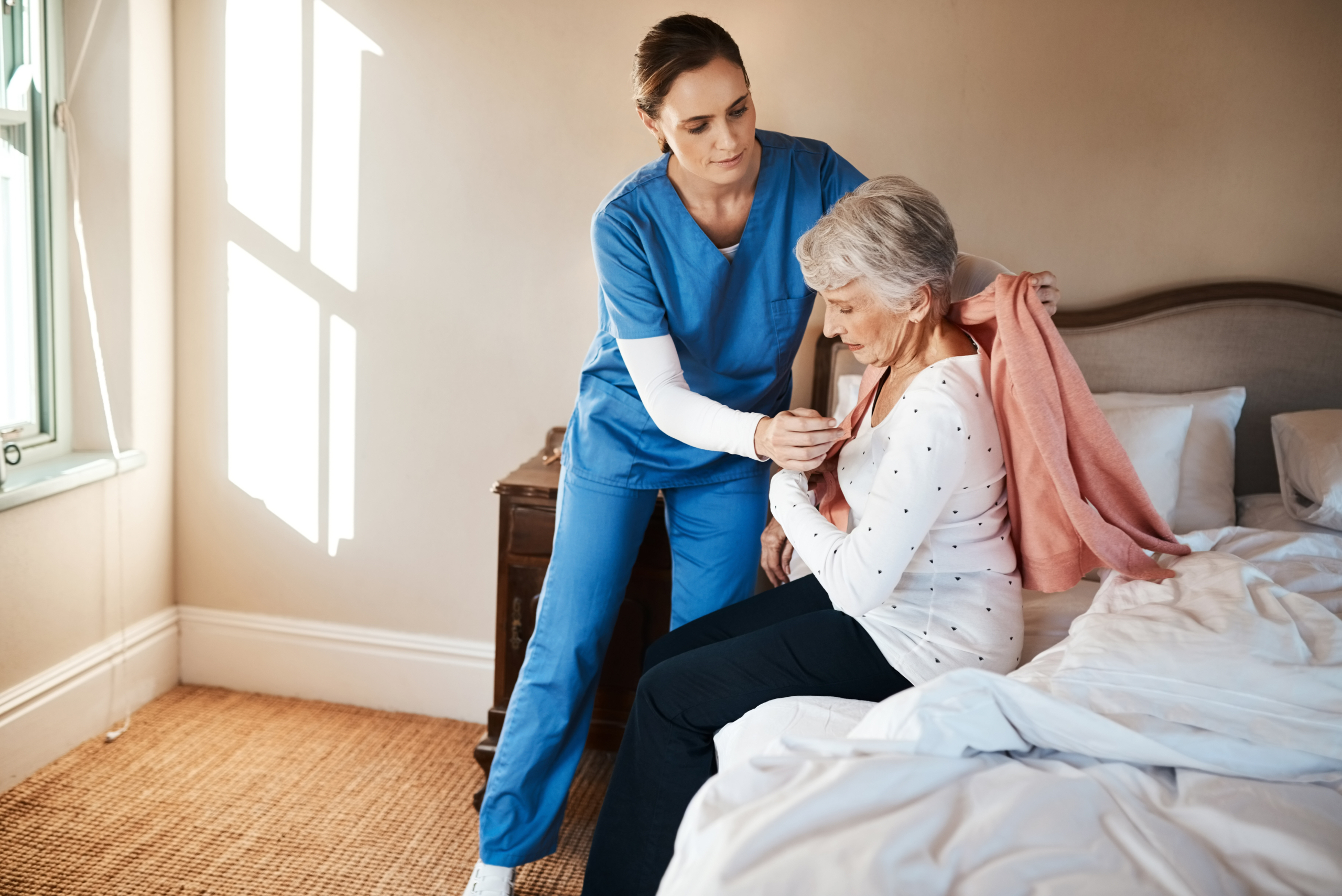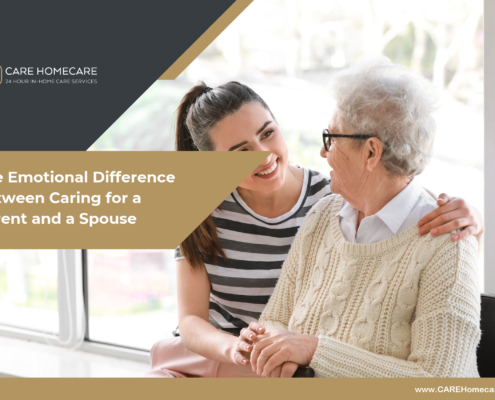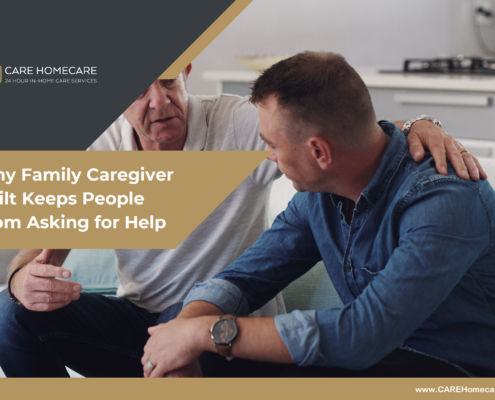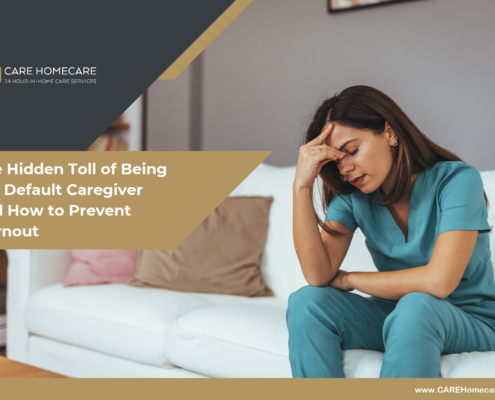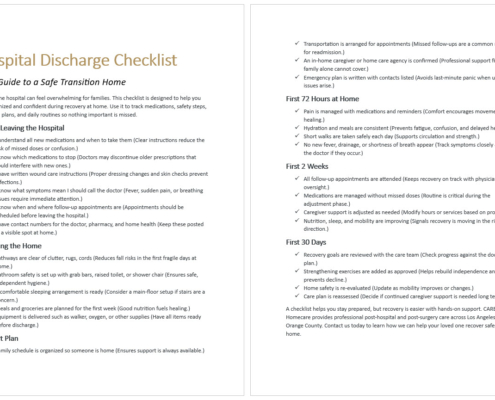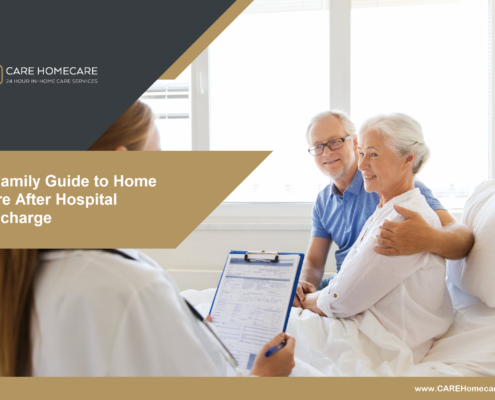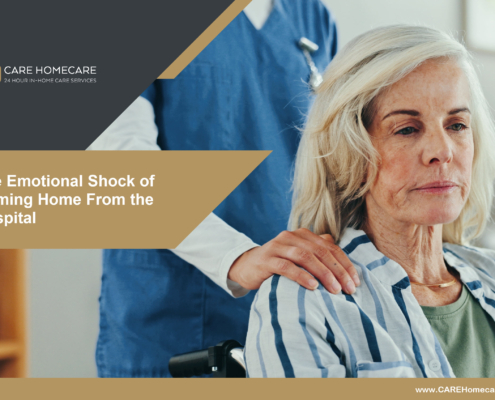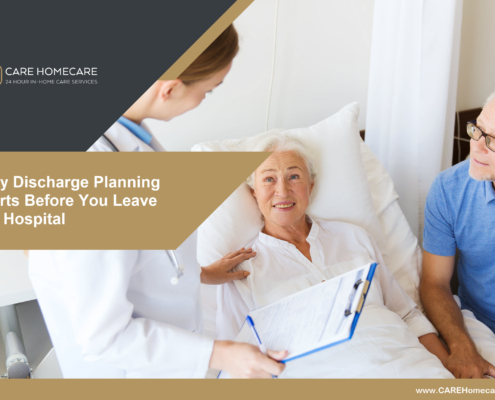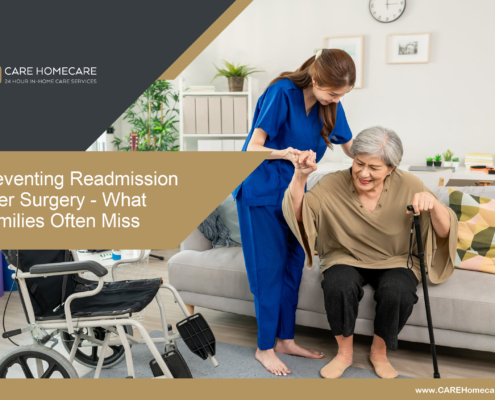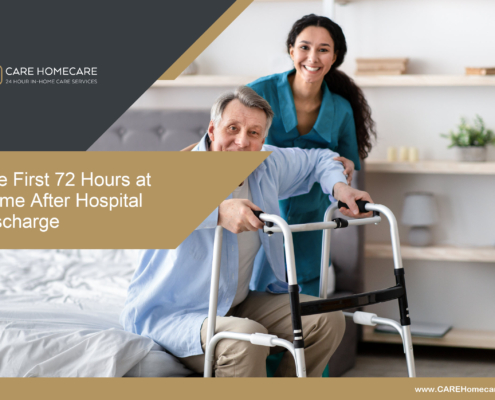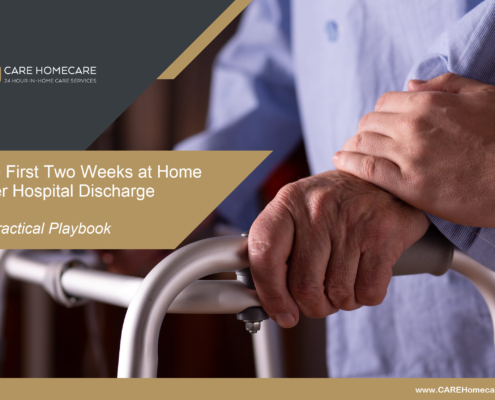After Surgery Home Care Services
Post Op In-Home Support
Recovering after surgery can be one of the most challenging times for patients and their families. Even after being cleared to return home, many people still feel weak, unsteady or unsure about how to manage new routines. Everyday tasks like bathing, dressing, and preparing meals can feel overwhelming during recovery. That is why post-surgery home care services provide such vital support. With the right caregiver for after surgery recovery, patients regain independence safely while focusing on healing in the comfort of home. Learn more about how home care works in our guide to what home care is.



